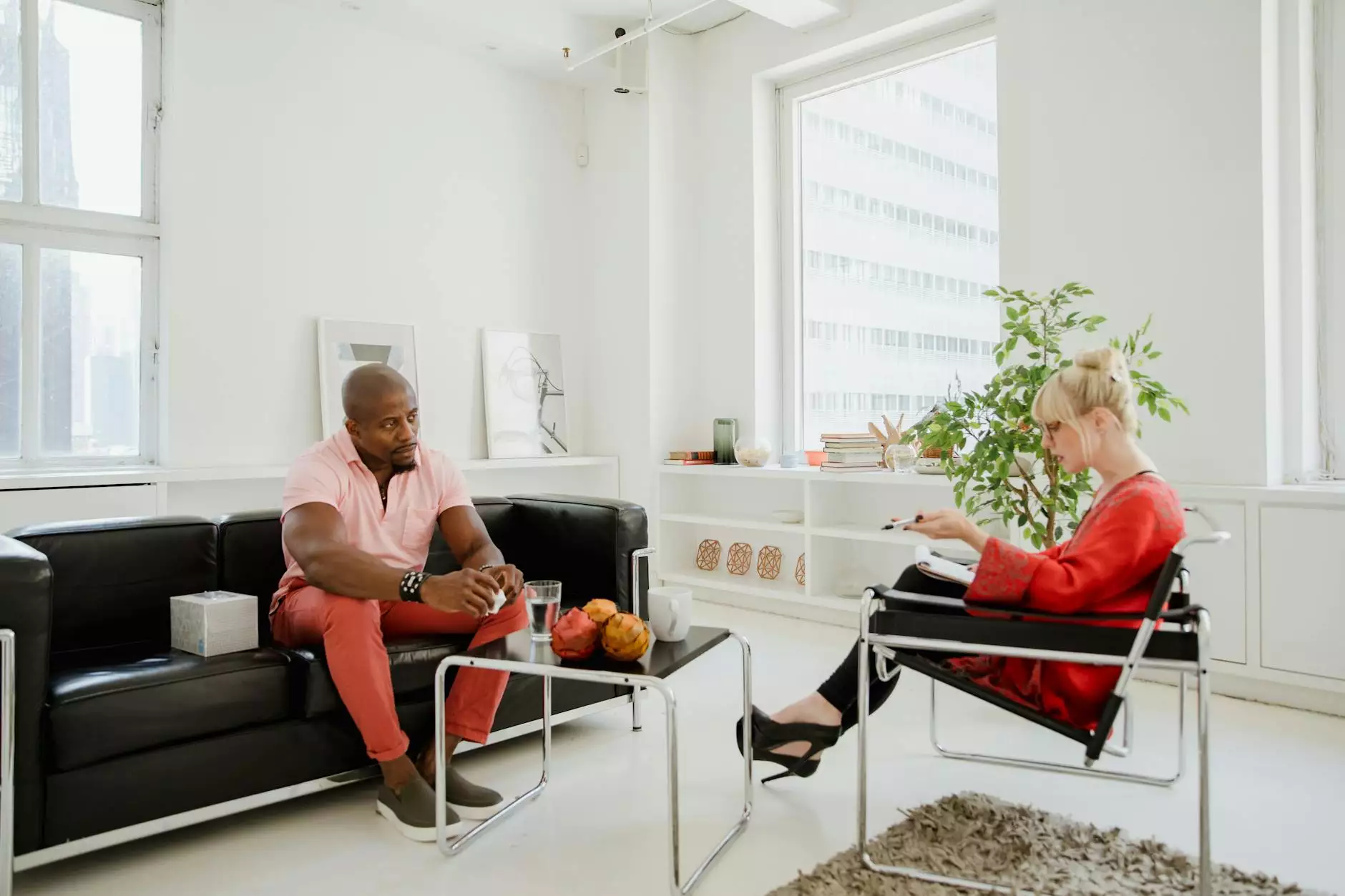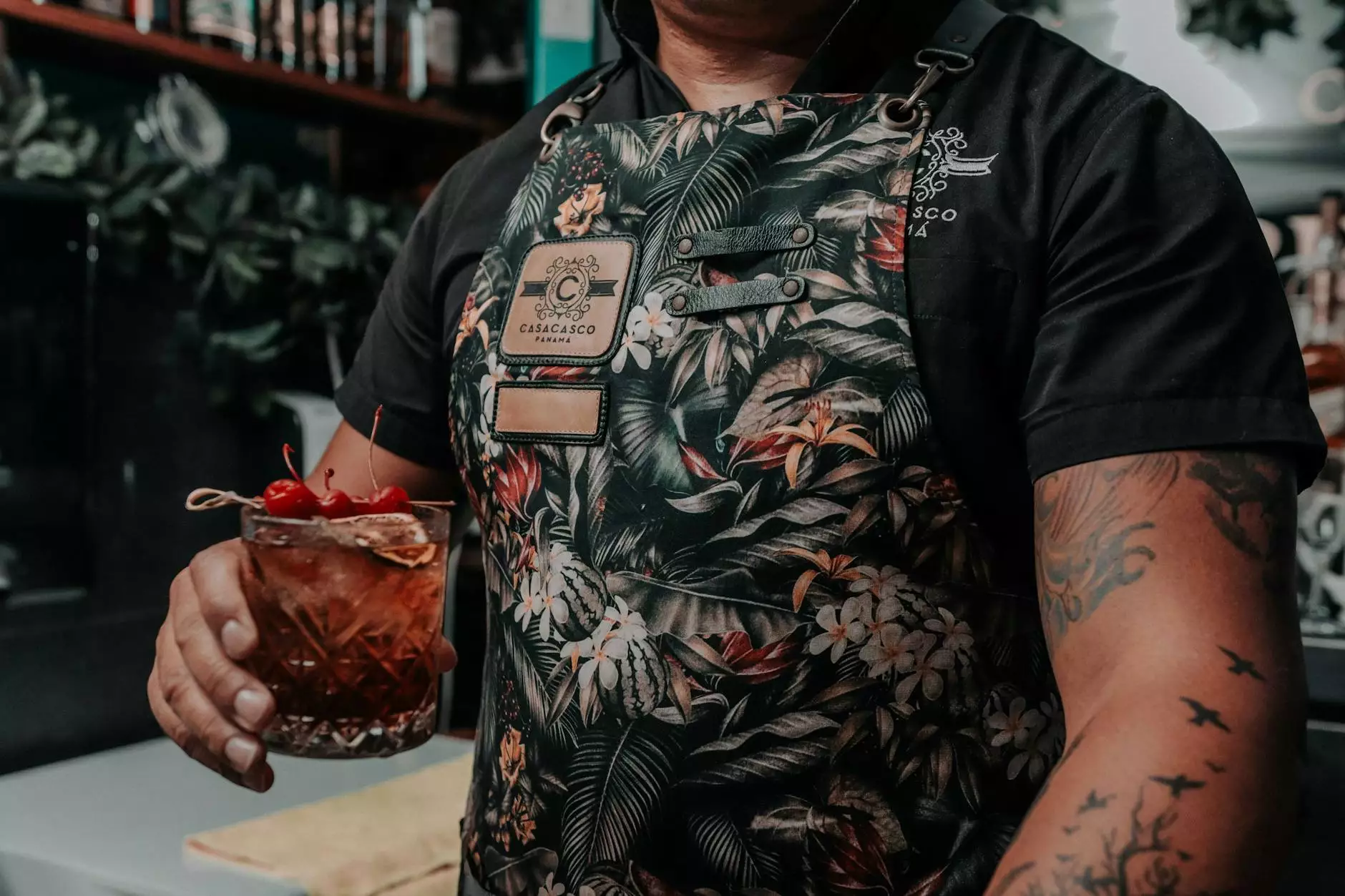Exploring the Richness of Wica: A Gateway to Sustainable Living and Unique Furniture Solutions

Wica is more than just a term; it represents a convergence of beliefs, practices, and lifestyles that echo throughout modern society. This article dives deep into the significance of Wica within the context of innovative business practices, particularly at Fabrica Vika, a leader in the realms of furniture stores, baby gear, and furniture assembly.
The Concept of Wica in Modern Business
In today’s business environment, the essence of Wica brings a fresh perspective on sustainability, ethical sourcing, and community engagement. Businesses are now more aware of their impact on the planet and are seeking to incorporate practices that resonate with values of balance, respect for nature, and responsibility.
Sustainable Practices Inspired by Wica
Many companies, including furniture retailers, now focus on sustainable materials. This involves selecting resources that are not only high-quality but also sourced from sustainable practices. Utilizing reclaimed wood, non-toxic finishes, and eco-friendly packaging are just a few ways that the principles of Wica manifest in business.
- Reclaimed Wood: Sourcing furniture materials from old structures minimizes waste and preserves natural resources.
- Non-toxic Finishes: Ensuring that all finishes do not release harmful chemicals into the environment promotes health and safety.
- Eco-friendly Packaging: Reducing plastic use and opting for biodegradable packaging reflects a commitment to sustainability.
The Impact of Wica on Furniture Stores
Furniture stores, especially those like Fabrica Vika, are embracing the concept of Wica through their business models. By aligning themselves with environmentally friendly practices, these retailers not only attract a conscious consumer base but also contribute positively to the environment.
Curating a Wica-Inspired Inventory
When selecting products, stores are now prioritizing items that are not only aesthetically pleasing but also reflective of sustainable practices. This includes:
- Handcrafted Items: Supporting local artisans who create unique pieces that tell a story and promote cultural heritage.
- Upcycled Furniture: Offering refurbished or redesigned items that give new life to old materials.
- Natural Textiles: Incorporating fabrics such as organic cotton, linen, and wool that are both luxurious and sustainable.
Creating Community Connections
One of the core philosophies of Wica is the idea of community. Furniture stores can enhance their role by not only being retailers but also by acting as community hubs. This could include:
- Workshops: Hosting events where customers learn about DIY furniture projects or sustainable living.
- Collaborations: Partnering with local charities to support community needs, such as providing furniture for shelters.
- In-store Events: Creating opportunities for local artists to showcase their work or for community discussions about sustainability.
Baby Gear & Furniture: The Wica Approach
When it comes to baby gear and furniture, the principles of Wica take on another layer of importance. Parents are increasingly concerned about the safety and environmental impact of their children’s products. Stores must adapt to these needs by emphasizing:
Safety and Sustainability
The Wica philosophy emphasizes the importance of safety and ethical production in baby gear. Retailers can stand out by:
- Certifying Products: Offering gear that is certified organic or meets strict safety standards.
- Providing Transparency: Sharing information about where and how products are made enhances trust with consumers.
- Offering Eco-friendly Options: Stocking items made from sustainable materials that ensure a safe environment for babies.
Furniture Assembly: A Wica Perspective
Assembly requirements can be daunting, but by integrating the Wica ethos into this process, companies can offer superior customer experiences. Fabrica Vika, for example, not only sells furniture but offers assembly services that are efficient and customer-focused.
Building Strong Relationships through Assembly Services
In furniture assembly, the act of putting together items can symbolize the coming together of various community elements. Here’s how:
- Personalized Service: Providing assembly services that cater to individual customer needs enhances satisfaction.
- Expert Guidance: Offering professional assembly helps customers feel confident about their purchases.
- Community Workshops: Hosting events to teach basic assembly skills can empower customers and reduce waste.
Conclusion: Embracing Wica for Future Business Growth
The future of business in sectors such as furniture stores, baby gear, and furniture assembly lies in embracing the values associated with Wica. This includes sustainability, community engagement, and ethical practices that resonate with the modern consumer. Businesses that adopt these principles can foster growth and success by attracting like-minded customers who are committed to making a positive impact.
By integrating the guiding principles of Wica, retailers like Fabrica Vika can not only stand out in a crowded marketplace but also contribute meaningfully to a sustainable future. This transformative journey encourages businesses to reflect on their practices and reimagine their roles in society, effectively enriching their community and ensuring long-lasting customer loyalty.









